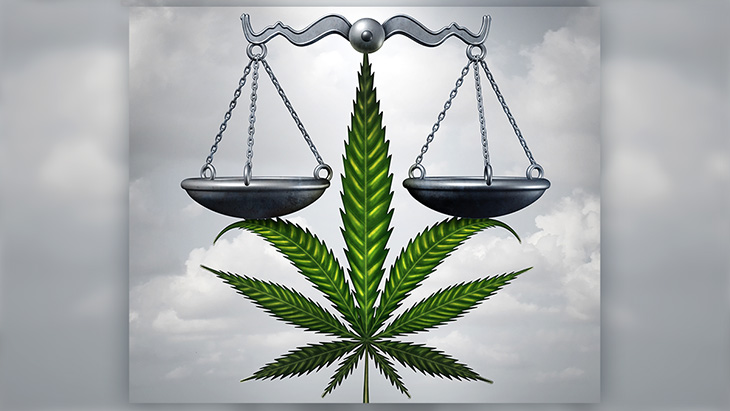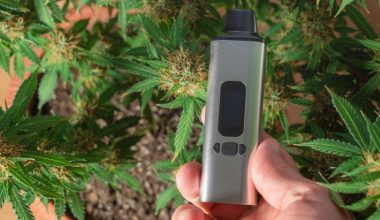
The U.S. 11th Circuit Court of Appeals has accepted the ‘friend of the court’ amicus brief submitted by the National Organization for Reform of Marijuana Laws in a case that seeks to protect the Second Amendment rights of state-authorized medical cannabis patients.
Appellants in Vera Cooper et. al. v. Attorney General of the United States et. al., Docket No. 22-13893 (a/k/a Cooper v Garland) are challenging the constitutionality of federal statute 18 U.S. Code § 922(g), which bars medical cannabis patients from the right to bear arms as otherwise guaranteed under the Second Amendment. The plaintiffs, Florida residents registered with the state’s medical cannabis program and a gun owner who wishes to participate in the program, insist that medical marijuana patients should not be prohibited from firearm ownership as a class of individuals based solely on their choice of medical treatment. The Appellants cite the U.S. Supreme Court’s recent precedent set forth in the decision New York State Rifle & Pistol Association, Inc. v. Bruen, Docket. No. 20-843, which insists upon historical examinations for any impingement upon the Second Amendment right.
Through that lens, the amicus brief’s principal author and NORML Amicus Committee Co-Chair David C. Holland, a partner at Prince Lobel Tye LLP, argues that, historically speaking, “Cannabis is more American than apple pie.” The brief provides a well-documented historical analysis of how the plant became ubiquitous in American society over centuries, highlighting the fact that cannabis’ criminalization and eventual classification as a Schedule I controlled substance under President Richard Nixon had no empirical basis.
Tracing the cannabis plant’s roots in American culture from 1609, when colonists were required to grow cannabis, to how the later-formed United States led the world in cannabis cultivation and production, to federal prohibition, NORML’s brief illustrates the very historic examination that Bruen would require — in this case, establishing that there is no constitutional reason for medical cannabis patients to be denied their Second Amendment rights simply because of their marijuana use. Citing quotes from the nation’s first drug czar, Harry Ainslinger, whose anti-cannabis efforts influenced Congress to federally outlaw the plant in 1937, and Nixon’s former White House counsel John Ehrlichman, Esq., NORML argues that each figure unabashedly weaponized racism and political suppression as the primary motivators to bring about federal cannabis prohibition.
Gregory J. Morse, Partner at King | Morse, PLLC, Attorney of Record and NORML Amicus Committee member, who filed the brief with the 11th Circuit, says, “It is absurd that marijuana is still being used to oppress lawful citizens by denying them important constitutional rights. I was happy to assist NORML with this brief.”
NORML Amicus Committee Co-Chair and National Board Member Joseph A. Bondy, Founding Principal of The Law Offices of Joseph A. Bondy, states, “NORML’s Amicus Committee remains at the forefront of today’s critical drug policy matters, from the history of our efforts at descheduling cannabis, to the interplay between patients’ right to use medical cannabis and their Second Amendment right to bear arms. It is a privilege to be a part of these efforts, alongside such talented colleagues.”
The case was initially filed by former Florida Agricultural Commissioner Nikki Fried. Ms. Fried was recently elected to NORML’s Board of Directors.
In February, a federal judge for the US District Court for the Western District of Oklahoma ruled in a separate legal challenge that a longstanding federal firearms ban is unconstitutional, determining, “[T]he mere use of marijuana carries none of the characteristics that the Nation’s history and tradition of firearms regulation supports.
Read NORML’s amicus brief in the NORML Legal Brief Bank.
Related
Medical Disclaimer:
The information provided in these blog posts is intended for general informational and educational purposes only. It is not a substitute for professional medical advice, diagnosis, or treatment. Always seek the advice of your physician or other qualified healthcare provider with any questions you may have regarding a medical condition. The use of any information provided in these blog posts is solely at your own risk. The authors and the website do not recommend or endorse any specific products, treatments, or procedures mentioned. Reliance on any information in these blog posts is solely at your own discretion.






